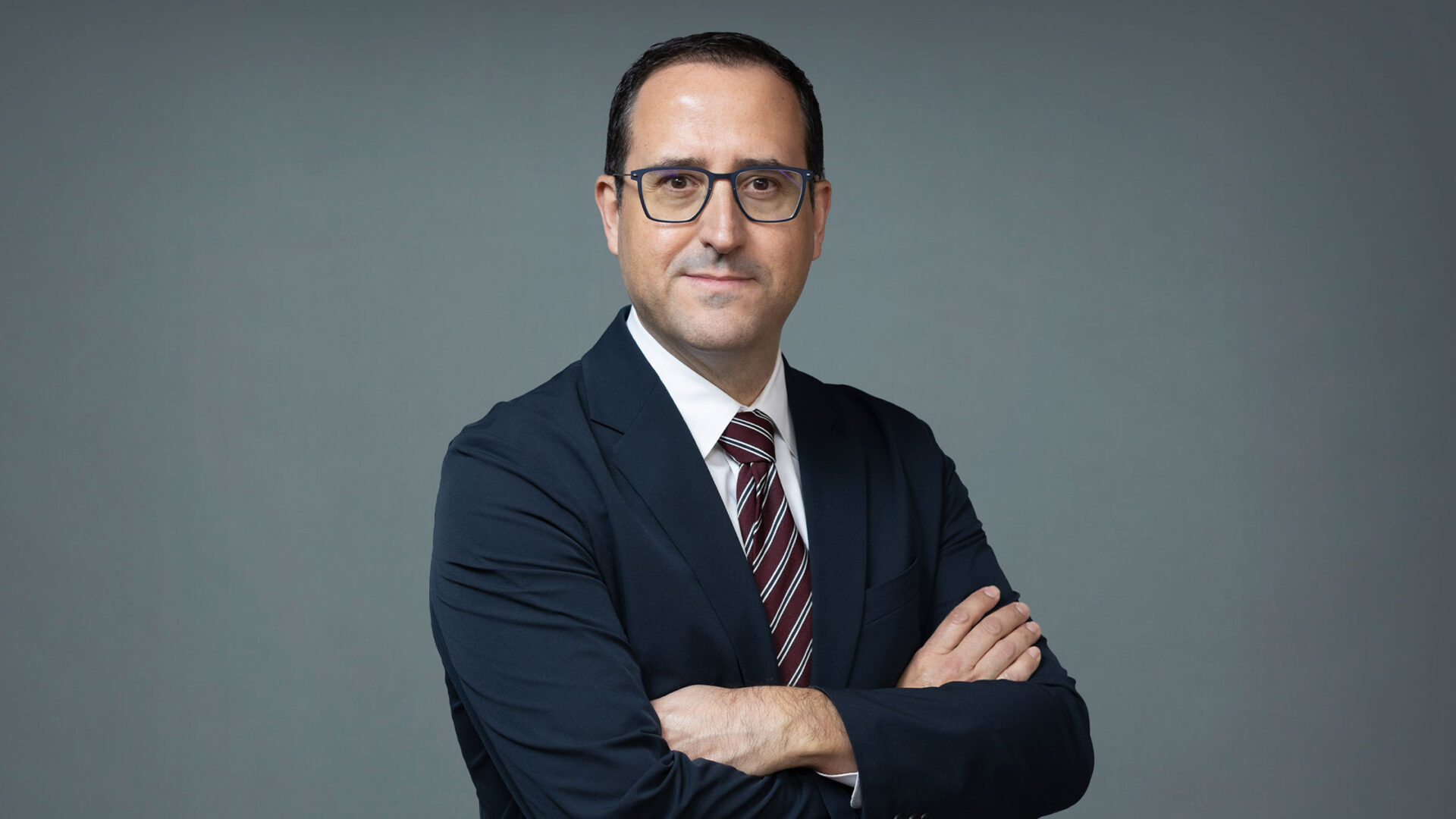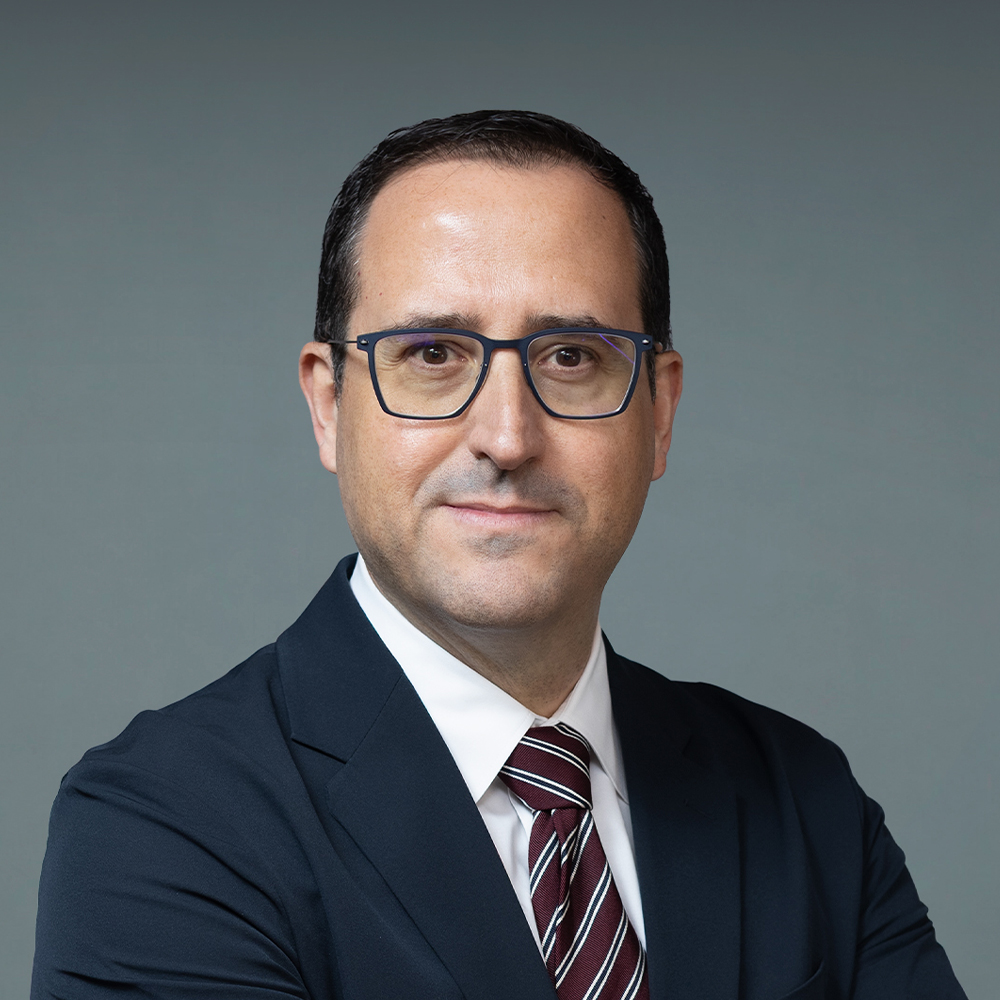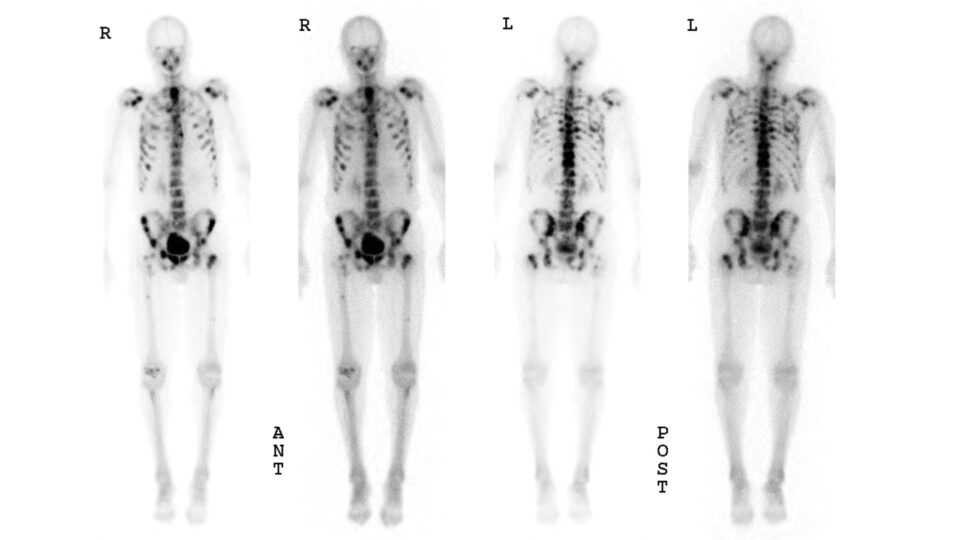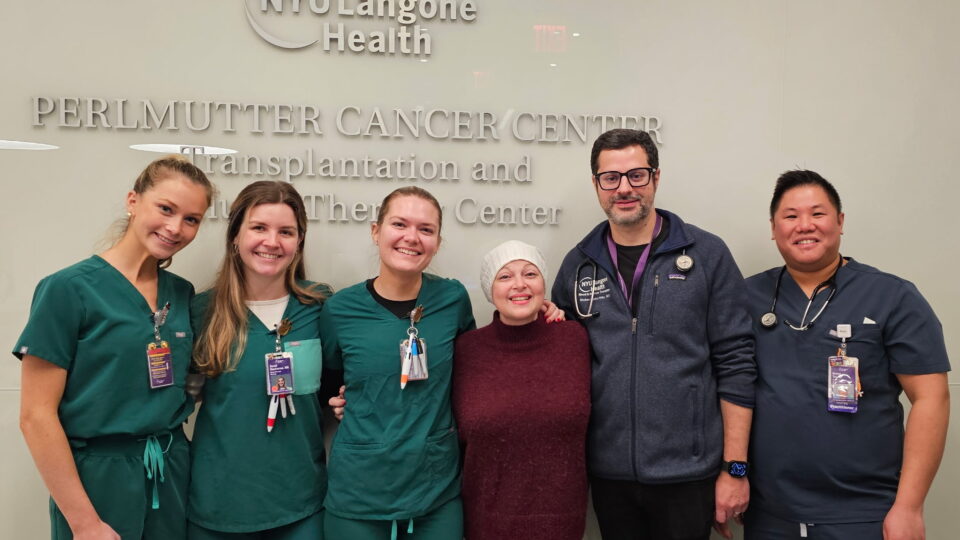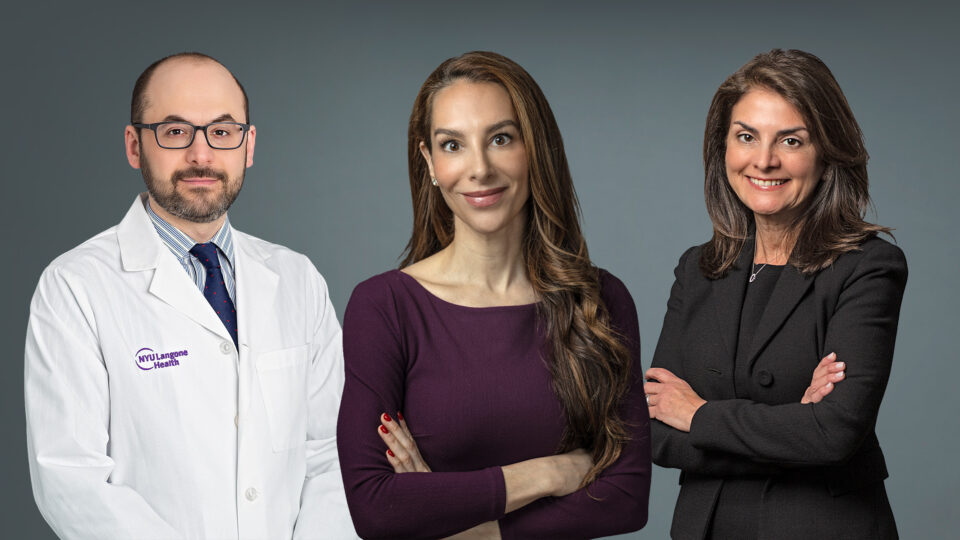Augusto Villanueva Rodriguez, MD, PhD, has joined Perlmutter Cancer Center as the new academic and medical director of the Liver Cancer Program. A renowned hepatologist with expertise in liver cancer biomarkers and novel therapeutics, Dr. Villanueva brings a decade of research experience from Mount Sinai to expand on NYU Langone Health’s comprehensive, multidisciplinary liver cancer services.
In this interview, Physician Focus speaks with Dr. Villanueva about his research in liquid biopsy technology for early liver cancer detection, his vision for integrating precision medicine approaches, and his commitment to addressing liver cancer disparities in the Hispanic community.
Physician Focus: What drew you to NYU Langone and this leadership role?
Dr. Villanueva: NYU Langone already has all the different pieces of expertise required for a successful liver cancer program. We have great surgeons, outstanding interventional radiology, and we’re an NCI-designated Comprehensive Cancer Center. My role is to build upon this strong foundation and further enhance the program by bringing together all those pieces to expand our research focus, strengthen our clinical trials portfolio, and continue delivering excellent liver cancer care. It’s not so much about developing the pieces, but connecting them in a way that makes the program even stronger.
“It’s not so much about developing the pieces, but connecting them in a way that makes the program even stronger.”
Augusto Villanueva Rodriguez, MD, PhD
Physician Focus: Can you tell us about your biomarker and liquid biopsy research and how it addresses current gaps in liver cancer care?
Dr. Villanueva: I work on two main areas. First, patients with cirrhosis have a risk of developing liver cancer, but our current risk stratification tools are suboptimal. Out of 100 patients with cirrhosis who develop liver cancer, we only detect about 60 percent. I’m working on using liquid biopsy technologies to develop more accurate tools for early-stage liver cancer detection. In one ongoing project, we have NIH funding to apply a small RNA cluster we discovered in 2021 to create a novel early detection tool.
The second area focuses on treatment selection. Of all the patients we treat with systemic therapies for advanced or metastatic liver cancer, only around 30 percent have a good response. Those who respond do very well and live for extended periods, but we don’t know who those patients are upfront. I’m developing tools to have a more structured way to select patients who will benefit from a given therapy and minimize side effects for those who wouldn’t benefit.
Physician Focus: How will your work integrate with other initiatives at NYU Langone?
Dr. Villanueva: I’m particularly excited to partner with the new Center for Molecular Oncology. When I interviewed, I spoke with Alec Kimmelman, MD, PhD, about this collaboration; they will be one of the Liver Cancer Program’s main partners. We’ll apply the platforms they’re developing for liver cancer and work with them to develop ones more tailored toward early detection.
Physician Focus: Liver cancer care presents unique challenges. How do you build a program that address those complexities?
Dr. Villanueva: Liver cancer is a very unique malignancy. For most other solid tumors—pancreatic, breast, or colorectal cancer—the organ where the tumor arises is healthy. In liver cancer, most patients have cirrhosis. It’s challenging because a patient can die as a result of the cancer or as a result of the cirrhosis.
For most tumor types, you need a multidisciplinary approach, but for liver cancer, that’s even more relevant. When you look nationally or internationally, expertise in liver cancer is not easy to find. You need combined expertise in oncology, advanced surgery, liver transplant, hepatology, and interventional radiology. The most challenging thing from a leadership perspective is bringing together all the experts to build a strong program that can compete nationally and internationally.
Physician Focus: You’ve mentioned your commitment to community outreach. Can you elaborate on this aspect of your work?
Dr. Villanueva: I have a Hispanic background, and there’s a lot of liver cancer in the Hispanic community. At Mount Sinai, I was very engaged in education about liver diseases. There’s stigma around liver diseases—people still think cirrhosis is only related to alcohol abuse. There are many things that make early detection and testing in the population challenging.
I’m very interested in educating the general population about the importance of getting tested for hepatitis to prevent cirrhosis and ultimately prevent liver cancer. This is something I want to tackle as part of our comprehensive program.


